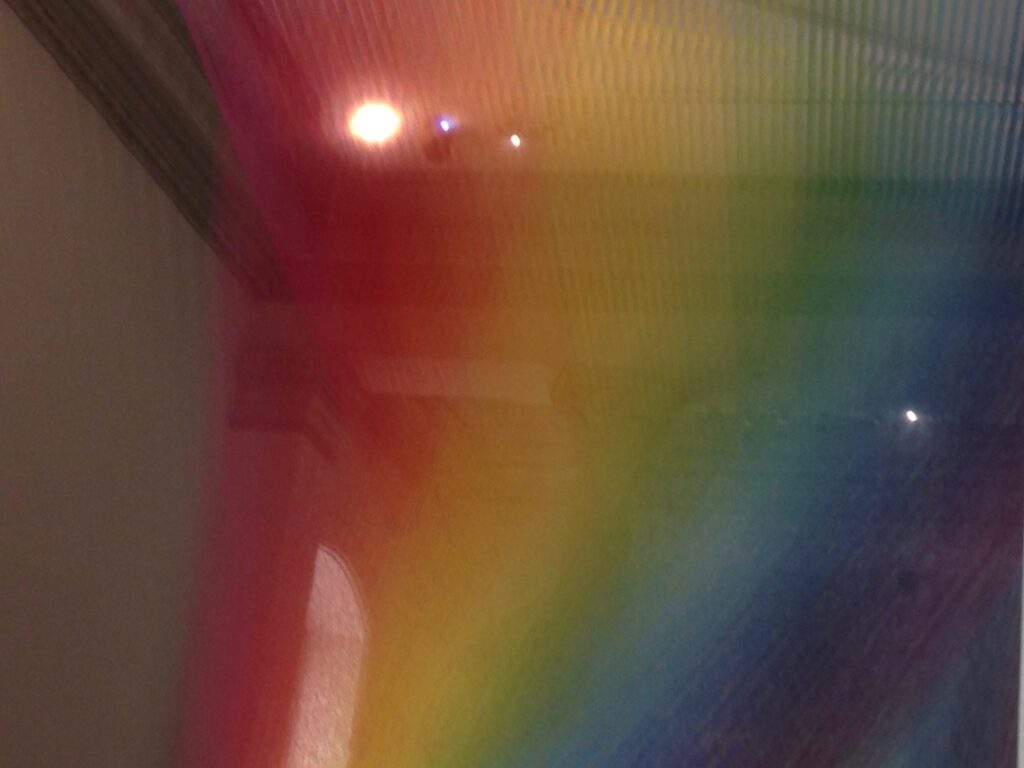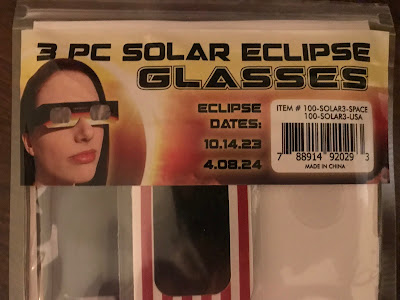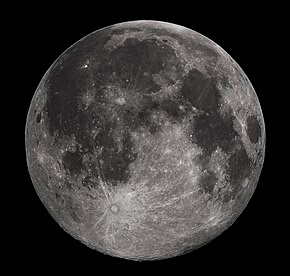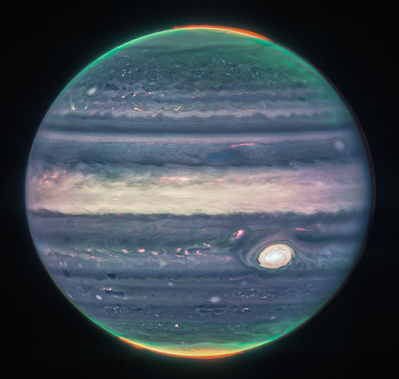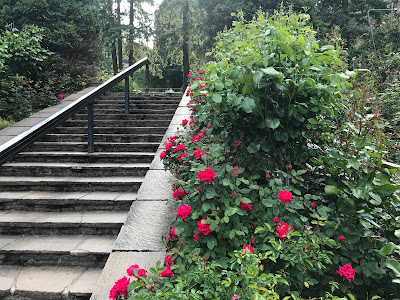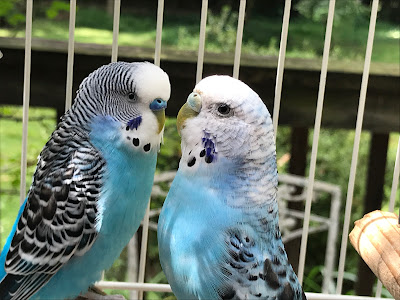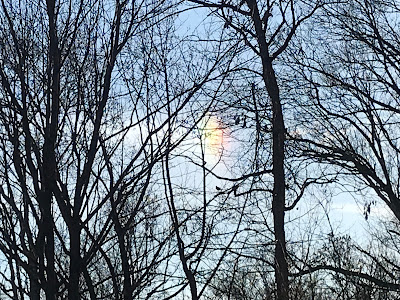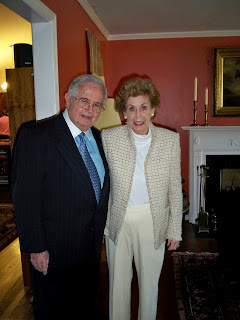Contemplating Discovery
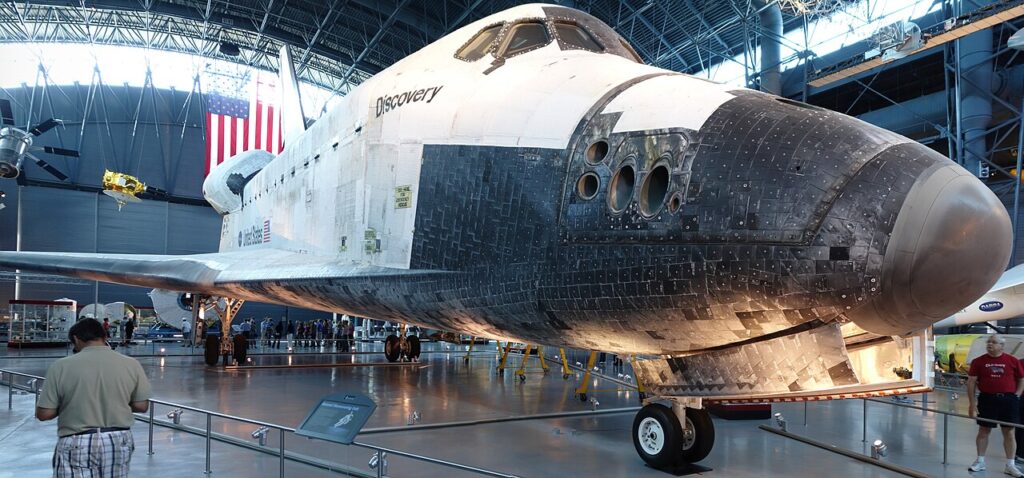
Late last week I met friends at the Udvar Hazy Museum, which is part of the Smithsonian’s Air and Space complex. Built in the shadow of Dulles International Airport, this structure walks, talks, eats, sleeps and dreams aircraft.
There you can see the Apollo 11 command module, Amelia Earhart’s Lockheed Vega, and the 1903 Wright Brother’s flyer, which covered 852 feet in 59 seconds.
But to me the most impressive object on display is the space shuttle Discovery. It’s a hulking behemoth of a spacecraft, battered and brave. I found it strangely moving: its hoary hull and missing tiles. It wears its adventures and its miles — all 150 million of them — with dignity.
When I looked at it I thought of the optimism, even the naiveté, required for space travel. Although Discovery was retired only 14 years ago, it already seems a relic, the embodiment of an earlier, more optimistic chapter of our nation’s history.
(Photo: Wikipedia, courtesy NASA)
